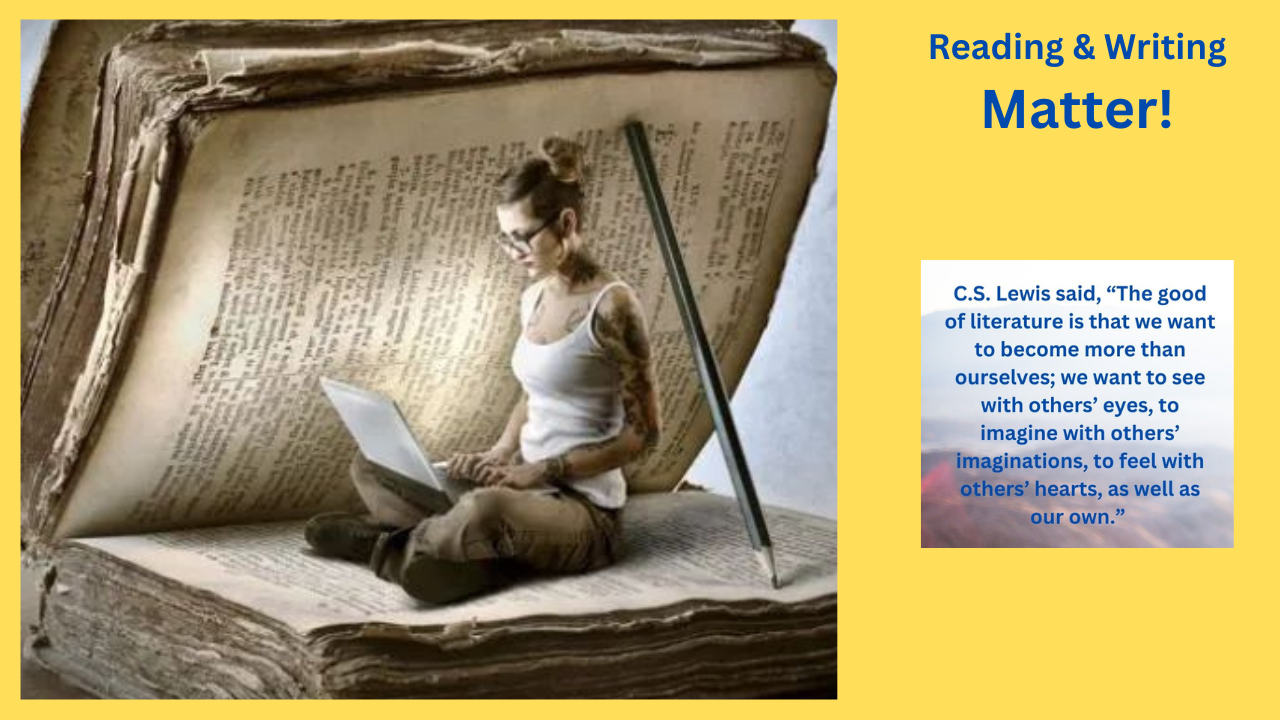What does it mean to say you are “writing in the moment”? At its simplest, it refers to capturing life as it unfolds—observing what is happening around you and setting it down while the details are still vivid, like slowing a camera to focus on the smallest movements. Writing in the moment is grounded in the “here and now,” offering a record that feels immediate, authentic, and alive.
But it is also a matter of choice. Out of everything happening, what do you notice, and what do you leave out? Certain details stand out with unusual clarity—you can almost breathe them in—and those details shape the way the moment is remembered. A life story, after all, is a series of chosen memories. Each time we retell our story, we choose which moments to emphasize and which to let fade. Rarely do we tell it exactly the same way twice. With every new layer of experience, we reinterpret the past, and in doing so, we reshape our self-image. In this sense, writing in the moment isn’t only about what is happening now—it is also about how revisiting earlier moments continually reinvents who we are.
Fiction takes this practice even further. It creates new realities in which both writers and readers can step outside themselves, suspending what they think they know and experiencing the world through different eyes. A well-crafted novel allows us to encounter lives and landscapes we never imagined, guided by voices that can comfort, challenge, inspire, or disturb us. These fictional encounters expand the boundaries of our own story, reminding us that identity is never fixed but always open to change.
I learned this firsthand the first time I read William Faulkner’s As I Lay Dying. I expected a straightforward Southern tale, set in Mississippi during the 1920s. Instead, I was confronted with a chorus of voices whose rhythms, tones, and cadences were entirely unfamiliar. The conversations startled me; the language carried me somewhere I had never been. In that moment, I wasn’t simply reading about Faulkner’s world—I was living in it. That is the transformative power of fiction: it doesn’t just tell us about another place; it allows us to dwell there, altering how we see our own world when we return.
Einstein once remarked, “If you want your children to be intelligent, read them fairy tales. If you want them to be more intelligent, read them more fairy tales.” His words suggest that fiction is not a distraction from learning but a pathway into deeper intelligence. It nurtures imagination, curiosity, and the creative leaps that connect ideas across boundaries.
Neil Gaiman, in The View from the Cheap Seats, shared a striking story that underscores this point. At a writers’ meeting in China, he learned that for many years, fairy tales and science fiction had been excluded from schools. Curious, he asked an official what had changed. The answer, given off the record, was revealing: Chinese officials had visited major American companies for which they provided outsourcing, and they asked employees what they had read growing up. The resounding answer was science fiction. That discovery shifted their perspective. Creativity, they realized, is inseparable from innovation—the spark that turns imagination into progress.
This is the enduring value of fiction: it equips us to dream, but also to invent, to adapt, and to reimagine what is possible. And within its pages, we find the timeless battle between good and evil, light and darkness. For some, the “Force” in Star Wars represents the universal good that holds everything together. But fiction also challenges us by reframing our beliefs inside new plots and unfamiliar worlds. When our convictions appear as part of a fictional universe, the story becomes both strange and familiar, drawing us in with its believability.
The larger question, though, is whether we can ever step entirely outside ourselves when reading fiction. Perhaps not. We always carry our experiences, our biases, and our hopes into the stories we consume. But in return, those stories leave their mark on us. They broaden our perspective, reshape our memory, and quietly influence the ongoing narrative of who we are becoming.


